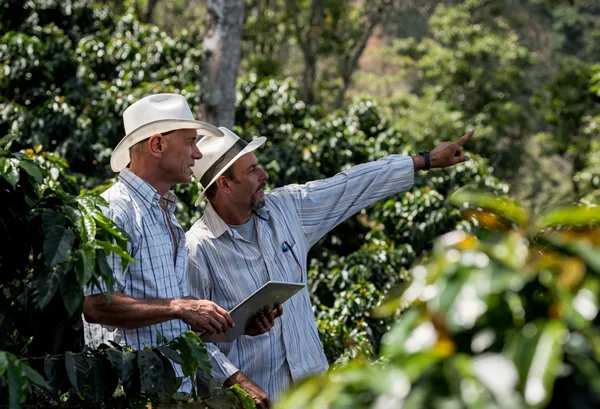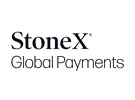Whether importing blueberries from Peru, avocados from Mexico, or strawberries from Egypt; Jerome de Graaf of StoneX sees that financial transactions are still very often paid in the 'major' currencies such as the euro and dollar. "Then you think you have made a good deal, but money is left on the line due to conversion costs because one is completely at the mercy of the whims of the local bank. When I see how tight margins are in the AGF sector, it is very painful when you have to lose a few per cent directly like that. That can mean the difference between profit and loss."
Corresponding banking network
StoneX specialises in so-called cross-border payments to less common currencies. "One of our strengths lies in our corresponding bank network. When you want to convert currency, there has to be an exchange at all times. By no means can every bank do that. When they don't have that relationship, they have to look for a bank that can. We have a direct relationship with local banks in Africa, Asia and Latin America to offer the best exchange rate in the local currency at all times and make payments on the correct currency date," Jerome says.
"We now have 30 years of experience in transactions to emerging markets. As a result, we now make payments in over 140 currencies to 180 countries. Besides international banks, many charitable foundations also use our network, but more and more food importers and exporters, including the fresh produce trade, know how to find us," says StoneX Global Payments senior sales manager Benelux.

He sees interest increasing as there are big fluctuations in the foreign exchange market. "The moment volatility increases, companies are more interested in hedging their currency risks. Last year, when the euro reached parity with the dollar, there was a lot of turmoil in the market. Logical, because if you agreed a dollar price of 1.05 with your supplier and the euro-dollar exchange rate goes 1-to-1, you suddenly have to pay five cents out of pocket.
"Thanks to our competitive banking network, we let local banks compete on a currency. As a result, we always have the sharpest rate from the market. Another advantage is that we get the money into the supplier's account quickly. Our service is also transparent. Customers know in advance how much their supplier is going to receive net, and one does not face unexpected costs."
Local entity in Brazil
One country where services extend even further is Brazil. "Here, we have launched our own entity, allowing us to facilitate entrepreneurs with both inbound and outbound funds. This allows us to 'onboard' local payments and process transactions from Brazil to Europe. Very few companies can do that at a favourable exchange rate. StoneX Global Payments now has almost eighty offices on six continents," Jerome says. He also sees many opportunities for growth on the African continent. "Mainly because of the infrastructure, Dutch entrepreneurs are reluctant to invest in Africa, while the continent is particularly interesting to trade with because of the transit time."
"We also deploy our services for local payments in emerging markets, such as for companies that have a production facility, where payments have to be made with the local currency for maintenance, machinery and labour, for example. Now these transactions are still very often done in euros and only afterwards converted to the local currency. By paying in local currency, this can easily save 1 to 4%. Therefore, look carefully at your costs in local currencies and euros when you request an invoice, and feel free to request a rate from us!"
 For more information:
For more information:
Jerome de Graaf
StoneX Global Payments
Jerome.deGraaf@StoneX.com
https://payments.stonex.com/
